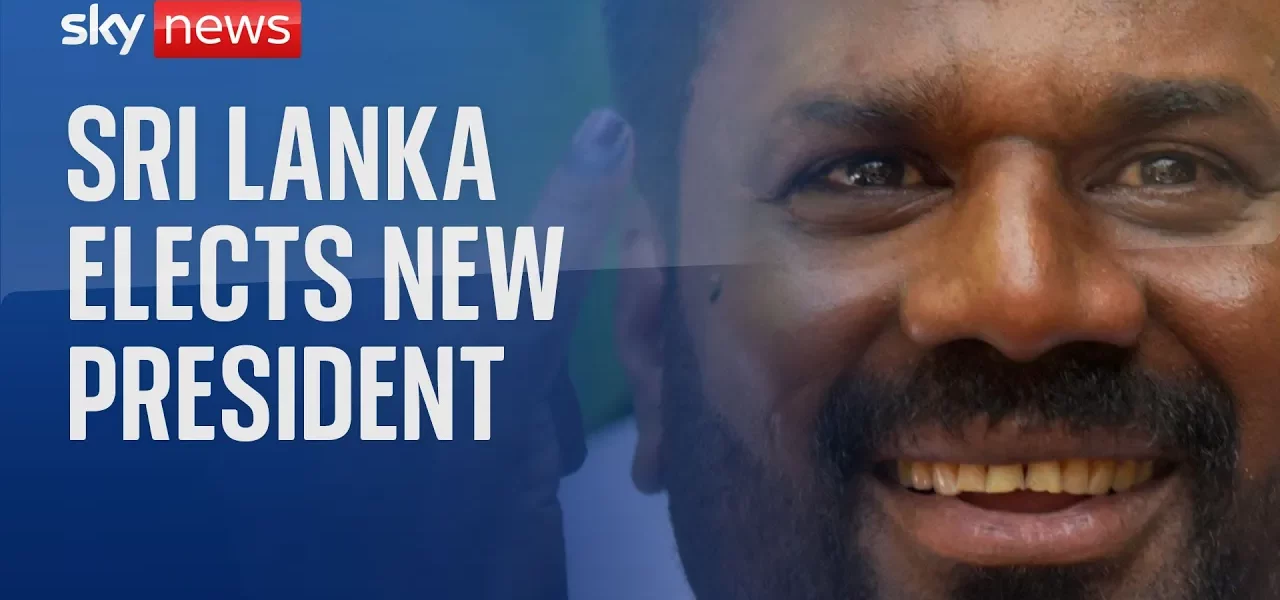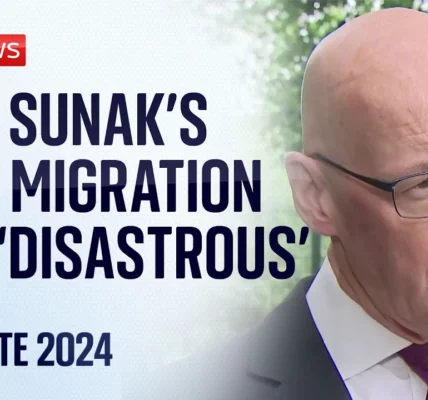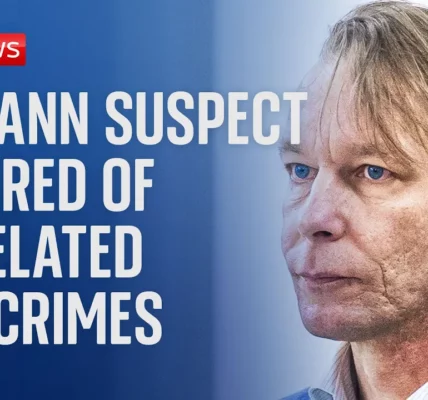Sri Lanka’s New President: Anura Kumara and the Path Ahead

This article delves into the recent election of Anura Kumara, a 55-year-old Marxist leader, who has risen to prominence in Sri Lanka’s political landscape. His anti-corruption platform and the public’s disillusionment with traditional parties have set the stage for a significant shift in governance, despite the numerous challenges ahead.
Introduction
The political climate in Sri Lanka has undergone a seismic shift with the election of Anura Kumara as its new president. At 55 years old, Kumara is leading a party that has rallied against the backdrop of rampant corruption and a disillusioned electorate. The public’s frustration with long-standing political families has catalyzed a demand for change, and Kumara’s rise symbolizes a potential new dawn in Sri Lankan politics. However, his lack of governance experience raises questions about his ability to navigate the complex challenges that lie ahead for the nation.
Background of Anura Kumara
Anura Kumara is a prominent figure in Sri Lanka’s political arena, known for his Marxist ideologies and a strong stance against corruption. His emergence as a leader comes at a time when the nation is grappling with severe economic stress and a growing demand for political reform. Below are key aspects of his background and political journey:
- Age and Experience: At 55 years old, Kumara brings a wealth of experience in activism but lacks formal governance experience.
- Political Platform: His campaign focused heavily on anti-corruption measures and promises of change.
- Public Support: He attracted significant support from younger voters eager for a break from traditional politics.
The Call for Change
Kumara’s election is a reflection of the public’s yearning for change in a political system dominated by established families for decades. The following points illustrate how this desire for reform has influenced the election outcome:
- Disillusionment with Traditional Parties: Many citizens are frustrated with the continuous cycle of governance by the same families.
- Mobilization of Youth: His rallies have seen a surge of young supporters, showcasing a vibrant enthusiasm for political reform.
- Promises of a Better Tomorrow: Kumara’s rhetoric has resonated with the public, as he pledges to fulfill their aspirations and dreams.
Challenges Ahead
While the election of Anura Kumara represents a pivotal moment for Sri Lanka, the challenges he faces are daunting. The nation is currently in a state of economic turmoil, which necessitates immediate and effective governance. Key challenges include:
Economic Crisis
The ongoing economic crisis has left many citizens struggling to make ends meet. Critical issues include:
- Cost of Living Crisis: Harsh austerity measures have exacerbated the financial burdens on families.
- Public Unrest: Protests have erupted in response to the economic hardships, demanding immediate action.
- Bailout Package: While a bailout package provided temporary relief, it has come with significant trade-offs for citizens.
Political Stability
Kumara’s governance style and decisions will be crucial in maintaining political stability. Considerations include:
- Building a Cohesive Government: He must establish a government that can effectively respond to the needs of the people.
- Engaging Stakeholders: Collaborating with professionals and stakeholders will be essential for informed decision-making.
- Addressing Public Concerns: He needs to tackle the concerns related to his party’s Marxist ideology to maintain public trust.
Conclusion
The election of Anura Kumara as Sri Lanka’s new president marks a significant turning point in the nation’s political landscape. While his anti-corruption platform and the promise of change resonate strongly with the electorate, the road ahead is fraught with challenges, particularly in economic management and political stability. As Kumara embarks on this new journey, it is imperative for him to address these issues head-on to fulfill the aspirations of the people. For readers interested in following developments in Sri Lankan politics, stay tuned for updates and analyses on how Kumara’s presidency unfolds.
“`




